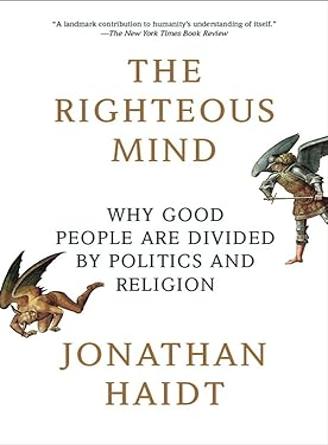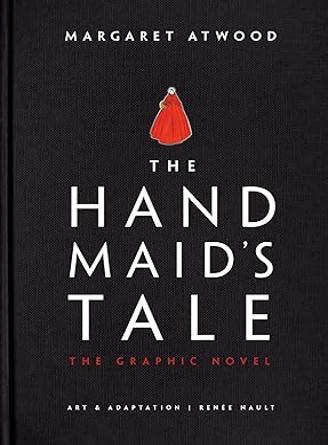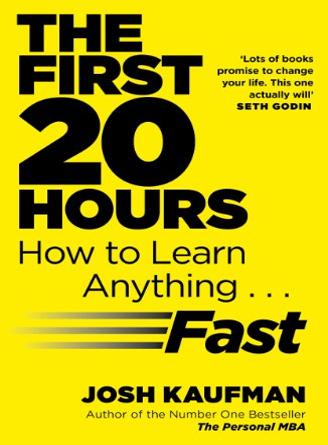Description
Book Summary and Description
The Righteous Mind, in this comprehensive analysis, Jonathan Haidt explores the psychological and philosophical underpinnings of political and religious differences. He posits that humans are wired with six moral foundations – care/harm, fairness/cheating, loyalty/betrayal, authority/subversion, sanctity/degradation, and liberty/oppression – that influence our beliefs and actions. Haidt argues that these foundations are not equally prioritized by all people, resulting in politics and religion often becoming proxies for deeper human values.
Key Takeaways
- Politics and Religion Often Divide Us Because We Prioritize Different Moral Foundations.
- Good People Can Hold Different Moral Foundations, and Understanding These Foundations is Essential to Building a More Civil and Open Society.
- The Human Mind Includes Both Intuition and Rationales, and Understanding Both is Essential to Navigating Political and Religious Divides.
Personal Learnings and Key Takeaways
- Understanding the moral Foundations that shape Our Beliefs and Actions can Help us better Navigate Political and Religious Divides.
- Recognizing That People of Different Viewpoints Can Share Common Goals and Work Together for the Greater Good.
- The Human Mind is a Complexity Machine that Includes both Intuitions and Rationales, and Understanding Both is Essential to Building a More Civil and Open Society.
“If You Want to Build a More Civil and Open Society, Where Good People Can Find Common Ground and Work Together for the Greater Good, Read Jonathan Haidt’s The Righteous Mind to Understand Why Good People Are Divided by Politics and Religion and What We Can Do About It.”
Love this? Share it on social media!






